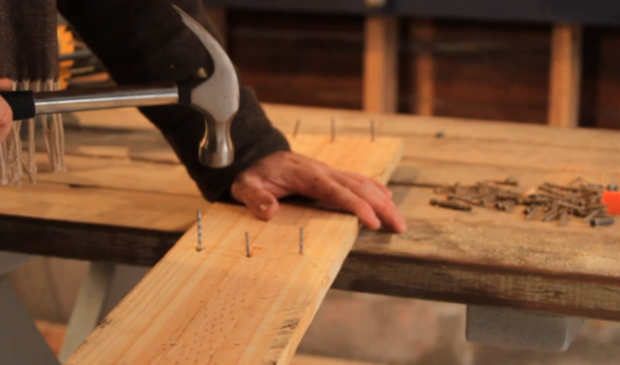City prepares for ‘shot clock’ bill with code amendments
Monday, August 26, 2019 by
Ryan Thornton Just in time, City Council approved changes to the Land Development Code Thursday intended to buffer the city’s subdivision development application process against House Bill 3167, known as the “shot clock” bill, effective statewide Sept. 1.
Council members across the dais took aim at the state’s attempt to accelerate the subdivision review timeline, arguing that the bill’s mandates will only bring new complications. The bill requires cities to automatically approve applications if a decision has not been made after 30 calendar days of being submitted; adds a 15-day decision deadline for additional updates to those applications; and prohibits staff from adding new comments on the application after the initial review.
“I want to be really clear, the state is making local government more expensive and less responsive to the will of the local community – not just Austin but cities across the state,” Mayor Steve Adler said. “This again is our state government striking a blow against local liberty. It’s a sad day, and unlike the spirit of Texas.”
The 30-day timeline itself, similar to the current review period of 20 business days, is not the real problem, explained Andy Linseisen, assistant director of Development Services. Instead, the threat is that potentially problematic applications would be automatically approved if no decision is reached within that time frame.
Until now, the department has tried to be on time in 90 percent of applications, Linseisen said. “That was our goal: We want to be 90 percent on-time. Effectively the state Legislature just changed our goal from 90 to (100 percent).”
In the long term, that mandate may require the department to push for more funding and resources. However, with the department’s proposed budget for the upcoming fiscal year submitted before the bill had passed, that wasn’t an option this time around.
In lieu of extra staff, the department crafted several amendments to city code Titles 25 and 30 that modify the criteria for subdivision applications and allow a land use commission – either the Planning Commission or the Zoning and Platting Commission – to take up applications not included in a neighborhood plan.
Council Member Jimmy Flannigan motioned to approve the ordinance, which passed 8-0-2 with Council members Alison Alter and Leslie Pool abstaining and Mayor Pro Tem Delia Garza off the dais.
Pointing to the ongoing Land Development Code revision process, Flannigan said HB 3167 demonstrates a failed attempt to solve a problem outside of the state’s domain. “It’s unfortunate that even when we’re in the middle of a process to solve the problem, folks are going to the Legislature, because inevitably what happens is the Legislature does something very different than what they were asking for.”
The bill prohibits staff from making new comments on applications after the initial review and comment period, even in cases where modifications to the plan may create new safety or compliance issues, a restriction Council Member Kathie Tovo said makes it more challenging to ensure safety for future residents.
With no ability to address new problems resulting from a modification to the plan, Linseisen said the solution may be to deny those modifications entirely rather than confront specific issues as is customary today.
“I think we will find a way to work within it, where we still protect health, safety and welfare, but that is extremely challenging for us,” he said.
Before being finalized, the amendments to Title 30 also require action by Travis County. The Commissioners Court will be holding a public hearing and taking up the changes for a vote on Tuesday.
With Monday, Sept. 2, falling on Labor Day, the state’s bill will first take effect for applications submitted on Tuesday, Sept. 3.
Development Services and Travis County are holding a public joint stakeholder meeting Thursday afternoon from 2-4 p.m. to discuss the bill, its challenges and the local response. The meeting will be held in Room 325 of One Texas Center, 505 Barton Springs Road.
Photo by thesawguy7.
The Austin Monitor’s work is made possible by donations from the community. Though our reporting covers donors from time to time, we are careful to keep business and editorial efforts separate while maintaining transparency. A complete list of donors is available here, and our code of ethics is explained here.
You're a community leader
And we’re honored you look to us for serious, in-depth news. You know a strong community needs local and dedicated watchdog reporting. We’re here for you and that won’t change. Now will you take the powerful next step and support our nonprofit news organization?









